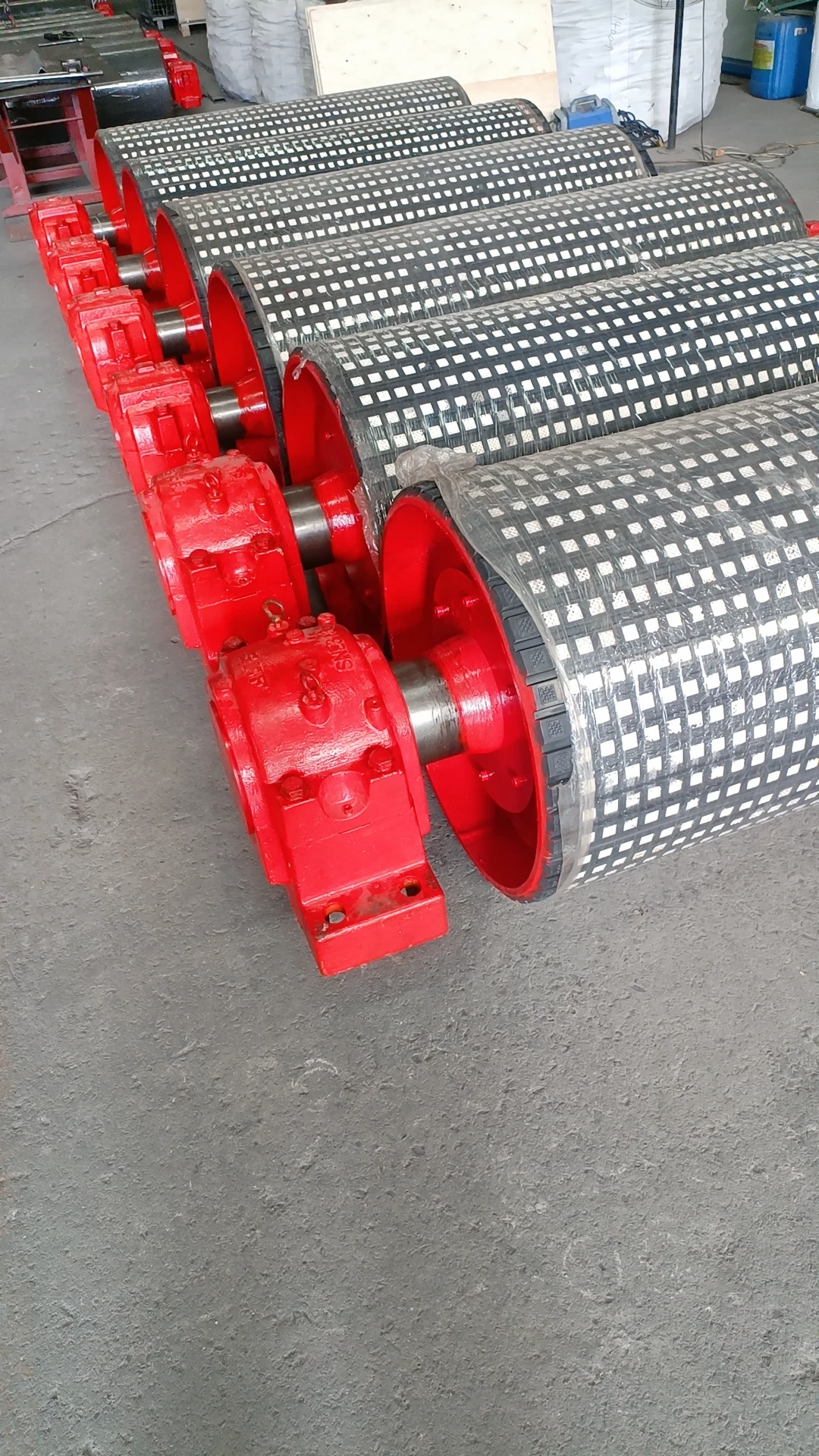 Afrikaans
Afrikaans  Albanian
Albanian  Amharic
Amharic  Arabic
Arabic  Armenian
Armenian  Azerbaijani
Azerbaijani  Basque
Basque  Belarusian
Belarusian  Bengali
Bengali  Bosnian
Bosnian  Bulgarian
Bulgarian  Catalan
Catalan  Cebuano
Cebuano  Corsican
Corsican  Croatian
Croatian  Czech
Czech  Danish
Danish  Dutch
Dutch  English
English  Esperanto
Esperanto  Estonian
Estonian  Finnish
Finnish  French
French  Frisian
Frisian  Galician
Galician  Georgian
Georgian  German
German  Greek
Greek  Gujarati
Gujarati  Haitian Creole
Haitian Creole  hausa
hausa  hawaiian
hawaiian  Hebrew
Hebrew  Hindi
Hindi  Miao
Miao  Hungarian
Hungarian  Icelandic
Icelandic  igbo
igbo  Indonesian
Indonesian  irish
irish  Italian
Italian  Japanese
Japanese  Javanese
Javanese  Kannada
Kannada  kazakh
kazakh  Khmer
Khmer  Rwandese
Rwandese  Korean
Korean  Kurdish
Kurdish  Kyrgyz
Kyrgyz  Lao
Lao  Latin
Latin  Latvian
Latvian  Lithuanian
Lithuanian  Luxembourgish
Luxembourgish  Macedonian
Macedonian  Malgashi
Malgashi  Malay
Malay  Malayalam
Malayalam  Maltese
Maltese  Maori
Maori  Marathi
Marathi  Mongolian
Mongolian  Myanmar
Myanmar  Nepali
Nepali  Norwegian
Norwegian  Norwegian
Norwegian  Occitan
Occitan  Pashto
Pashto  Persian
Persian  Polish
Polish  Portuguese
Portuguese  Punjabi
Punjabi  Romanian
Romanian  Russian
Russian  Samoan
Samoan  Scottish Gaelic
Scottish Gaelic  Serbian
Serbian  Sesotho
Sesotho  Shona
Shona  Sindhi
Sindhi  Sinhala
Sinhala  Slovak
Slovak  Slovenian
Slovenian  Somali
Somali  Spanish
Spanish  Sundanese
Sundanese  Swahili
Swahili  Swedish
Swedish  Tagalog
Tagalog  Tajik
Tajik  Tamil
Tamil  Tatar
Tatar  Telugu
Telugu  Thai
Thai  Turkish
Turkish  Turkmen
Turkmen  Ukrainian
Ukrainian  Urdu
Urdu  Uighur
Uighur  Uzbek
Uzbek  Vietnamese
Vietnamese  Welsh
Welsh  Bantu
Bantu  Yiddish
Yiddish  Yoruba
Yoruba  Zulu
Zulu Exploring the Benefits and Applications of Rubber Pulleys in Industrial Settings
The Versatility and Importance of Rubber Pulleys
Rubber pulleys are integral components in a wide range of machinery and equipment, providing effective solutions for power transmission and motion control. Their unique properties make them suitable for diverse applications across various industries, from automotive to manufacturing and beyond. This article will explore the characteristics, benefits, and applications of rubber pulleys, highlighting their significance in modern engineering.
Rubber pulleys are made from a durable rubber compound, which offers several advantages over traditional metal pulleys. One of the primary benefits of rubber as a material is its flexibility. Rubber pulleys can absorb shocks and vibrations, which is crucial in preventing damage to the machinery and ensuring a smoother operation. This inherent flexibility also allows rubber pulleys to maintain better grip on belts, reducing slippage and increasing the efficiency of power transmission.
Another vital characteristic of rubber pulleys is their resistance to wear and tear
. Unlike metal pulleys, which can corrode or become brittle over time, rubber pulleys can withstand varying environmental conditions, including exposure to moisture, chemicals, and extreme temperatures. This durability makes them a preferred choice for applications in harsh environments, such as manufacturing plants and outdoor machinery.Rubber pulleys are also lightweight compared to their metal counterparts, contributing to reduced overall machinery weight. This weight reduction can enhance fuel efficiency in automotive applications and make installation and maintenance easier in various industrial settings. The lower weight of rubber pulleys can also lead to decreased energy consumption, making them an environmentally friendly choice.
rubber pulley

In terms of applications, rubber pulleys find their place in numerous sectors. In the automotive industry, they are commonly used in engines and belt drive systems to transfer power effectively while minimizing noise and vibration. In manufacturing, rubber pulleys are often utilized in conveyor systems, where their ability to grip belts securely ensures efficient material handling and transportation.
Moreover, rubber pulleys play a crucial role in agricultural machinery, where they assist in the operation of equipment such as tractors and harvesters. Their ability to function reliably in outdoor and variable conditions makes them indispensable in farming operations, contributing to overall productivity and efficiency.
Rubber pulleys are not limited to heavy machinery or industry applications; they are also utilized in consumer products. For instance, they can be found in various household appliances, such as washing machines and vacuum cleaners, facilitating smooth operation and longevity of the equipment.
In conclusion, rubber pulleys are essential components that enhance the efficiency and reliability of machinery across various applications. Their adaptability, durability, and lightweight nature make them a preferred choice in numerous industries. As technology continues to evolve, the role of rubber pulleys in facilitating motion and power transmission will likely expand, underscoring their importance in both current and future engineering solutions.
-
Revolutionizing Conveyor Reliability with Advanced Rubber Lagging PulleysNewsJul.22,2025
-
Powering Precision and Durability with Expert Manufacturers of Conveyor ComponentsNewsJul.22,2025
-
Optimizing Conveyor Systems with Advanced Conveyor AccessoriesNewsJul.22,2025
-
Maximize Conveyor Efficiency with Quality Conveyor Idler PulleysNewsJul.22,2025
-
Future-Proof Your Conveyor System with High-Performance Polyurethane RollerNewsJul.22,2025
-
Driving Efficiency Forward with Quality Idlers and RollersNewsJul.22,2025





























